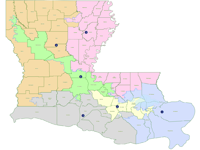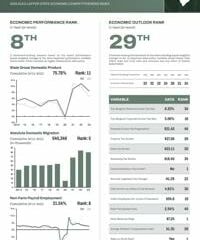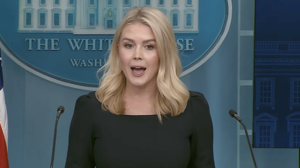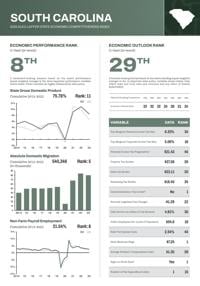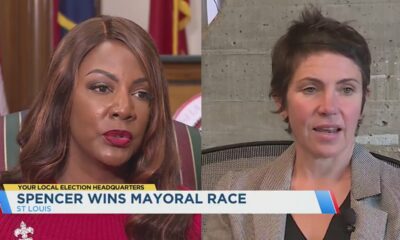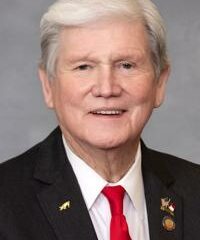(The Center Square) – The U.S. Supreme Court heard oral arguments in a critical case regarding Louisiana’s redrawn congressional districts on Monday.
The state is defending the existing map and plaintiffs seek an overturn on grounds of racial gerrymander. The case could be pivotal as justices could examine the criteria required of state legislatures under the Voting Rights Act when it comes to balancing representation of minority groups with the drawing of geographically compact districts.
The court heard arguments from Louisiana Solicitor General Ben Aguiñaga in the combined Louisiana v. Callais case. The state was required to add a second majority-minority district to the six districts by a court order last year.
Justice Sonia Sotomayor suggested that one of the maps offered by the original plaintiffs would have been a better solution since it was more “geographically compact” than the state-drawn maps.
During arguments, Chief Justice John Roberts described the newly-drawn District 6 as a “snake.” It stretches along the Red River from Shreveport in the northwestern part of the state to Alexandria and finally down to the majority-Black areas of Baton Rouge.
It was drawn by lawmakers to connect multiple majority-Black areas together to create the court-required second majority-minority district.
A map of Louisiana’s redrawn congressional districts.
Aguiñaga responded that one of the key issues was to preserve the districts of key Republicans, U.S. House Speaker Mike Johnson and U.S. Rep. Steve Scalise, the House majority leader.
“This court has been clear that states have breathing room to take reasonable efforts to comply with the Voting Rights Act and they may also balance the many other interests that enter the redistricting calculus,” Aguiñaga said. “And so it was perfectly appropriate after two federal courts had found that Louisiana had likely violated Section 2 that the state sought to comply with those rulings and that it exercised its authority to protect favored incumbents and unite preferred communities of interest and accounting for those kinds of political considerations is squarely the Legislature’s prerogative.”
Attorney Stuart Charles Naifeh, arguing for the NAACP Legal Defense and Education Fund, said “politics is the only reason that the state shows that map over the compact maps that were offered in Robinson,” the original case that was brought in 2022.
Edward Dean Greim, who represented Louisiana Secretary of State Nancy Landry, said
In its brief before the court, Louisiana officials say that “nobody truly wins in this ‘sordid business’ of ‘divvying us up by race.'”
“And if Louisiana were to lose on these facts, that would underscore the injustice of forcing States to run an endless ‘legal obstacle course,’ lined with ‘notoriously unclear and confusing’ precedents,” the brief said. “More than any before it, therefore, this case presents a compelling opportunity for the Court to ‘call home’ – ‘to alter its course’ – rather than ‘continue on.'”
The case could have national ramifications. Alabama filed an amicus, or friend of the court, brief. Alabama was also the subject of a lawsuit that sought successfully to create another majority-minority Congressional district.
Several other states – Georgia, Idaho, Indiana, Iowa, Mississippi, Montana, Nebraska, South Carolina, Tennessee, Texas, Utah and West Virginia – joined the Alabama brief that said constant litigation is making it impossible for legislatures to redraw congressional districts without facing a flurry of lawsuits.
The Legislature adopted new maps under Senate Bill 8 to replace the ones drawn in 2022 during a five-day special session called by Gov. Jeff Landry in 2024 to address a court order from U.S. District Judge Shelly Dick to redraw the state’s congressional districts by Jan. 31.
Later, a group of “Non African-American” voters filed a lawsuit, saying that the new maps represented an unconstitutional racial gerrymander. The U.S. Supreme Court issued a stay to stop a lower court order that would’ve required the districts be redrawn again before the November election.

A map of Louisiana’s redrawn congressional districts.
The order was issued in the case known as Robinson v. Landry. Plaintiffs in that case said Black voters were unable to vote for the candidate of their choice with only one majority Black congressional district in the 2022 maps since one third of the state’s population is Black. Dick ordered lawmakers to draw a new map.
